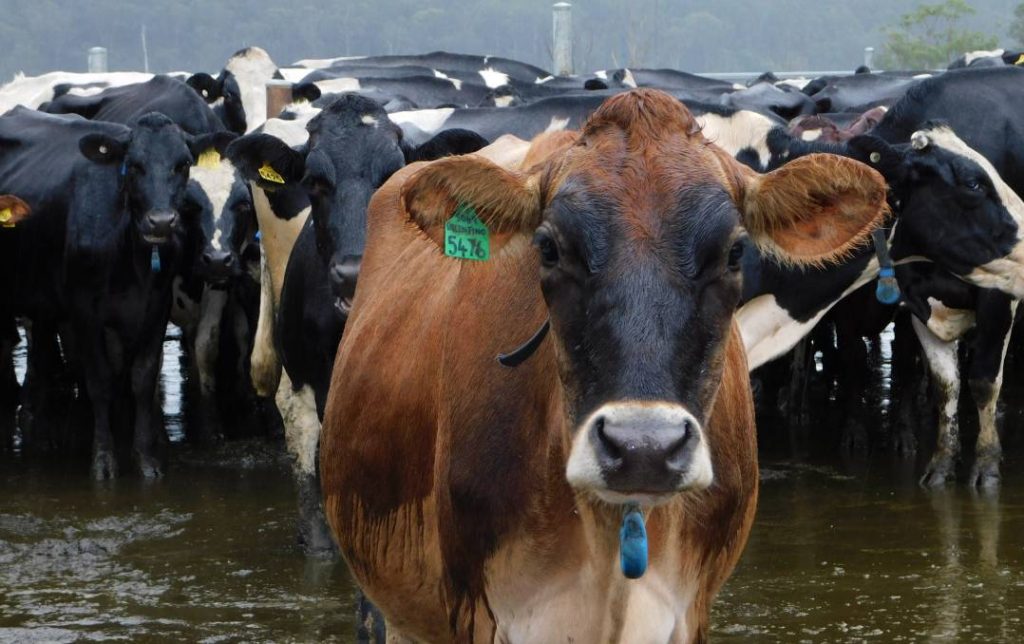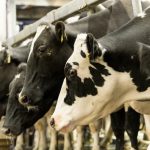
The bill will impose a compulsory $6 per head levy on the export of live dairy cattle, which will go towards research and development.
The levy currently exists, although it is voluntary and the industry requested that it be made mandatory.
Nationals MP and former agriculture minister Barnaby Joyce said “everybody is in roaring agreement” about the levy, but “back home on the dairy farm, the problems [are] still abound”, with dairy farmers being “held over a barrel” by supermarkets.
“People are getting ripped off by processors who are being pressured by major retailers,” Mr Joyce said.
“We always say that we’re going to stand up to the major supermarkets, but we never do. We have consumer laws and we have market laws, but we never really want to step on their toes.
“If we keep going down the path of squeezing these people, we won’t have a fresh milk market.”
Lyne MP David Gillespie said in the past three years there had been an explosion in dairy herd exports to Asia, which was a “reflection of a very sorry period” in the shrinking Australian dairy industry.
The tough times were being made even tougher by the price of water, with many dairy farmers bid out of the market.
“In Victoria, down in the Murray, the price of water got so high that farmers were not able to turn a dollar,” Dr Gillispe said.
“They were losing money hand over fist. That’s where a lot of these export cattle have come from, as well as in my area. We need further reform in this sector.”
Labor agricultural spokesperson Joel Fitzgibbon said his party supported the mandatory levy, but pointed out that in 2011, 92 per cent of dairy farmers were paying the voluntary levy.
By 2018, it dropped to 14 per cent and by 2019 to just three per cent.
“There could be two reasons for that: either they don’t see the value in the contribution or, as numbers declined, they felt that very few were paying an amount of money that wasn’t going to achieve anything anyway, because it’s too small an amount of money to fund significant programs,” Mr Fitzgibbon said.
“I say that it’s hardly a vote of confidence in the levy that so few dairy farmers were voluntarily making a contribution.”
Mr Fitzgibbon said the agricultural research and development sector had to be revamped so farmers got more bang for their buck.
“Here we are introducing a new levy without looking at the architecture,” he said.
“So it is the cart before the horse: new levies without thinking about the system itself.”
The mandatory levy bill will now be passed to the Senate, where it must be voted on before it becomes law.

























